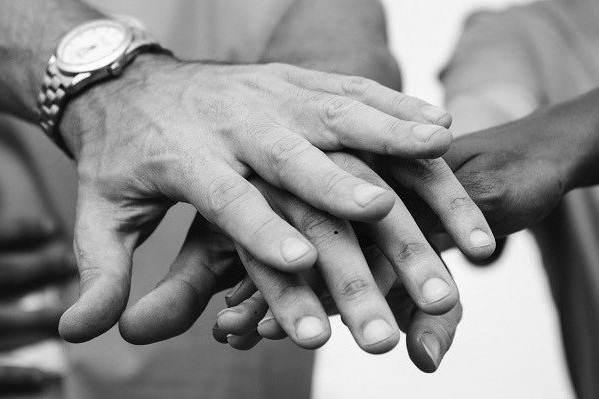It’s that time of year again, the time where people like to highlight the good, the cheer, and the happiness of the holiday season. But what if holidays bring on a sense of dread? What if you have to navigate the heavy drinking of your family members? Or be in the same room with a person who hurt you in the past? What if holidays create loneliness, risk of relapse, or critical self-reflection as the year comes to a close? For many people, these worries are just the beginning of what they may navigate from November to the New Year. So how can we each feel supported through the stressors of the season?
Bolstering Boundaries
One important element of being successful in our functioning around family is boundaries. Boundaries can be defined as physical or emotional in the way they are implemented to allow feelings of safety. Here are some examples of boundaries to consider with family to support feelings of safety and security during the holiday season:
- Allowing someone’s refusal of a hug from a family member they barely know
- Supporting comfortable distance between individuals throughout holiday activity
- Encouraging space when close proximity is triggering such as a walk or errand
- Listening for verbal cues about safe and unsafe topics during meals
- Honoring a person’s decision to decline an activity due to risk of relapse
In other words, identifying ideas of how to support each family member’s needs can encourage enjoyment in all holiday festivities without judgement or conflict. This mindfulness of self and others can entice individuals to fully participate and engage in positive experiences as a family.
Tracking Triggers
Mindfulness can support positive experience through coping with triggers in the holiday environment. Supporting each family member’s self-awareness of triggers can be a first step in determining adjustments to allow full participation in festivities. In the hope of healthy family connection, below are some examples of triggers that may arise:
- Interacting with a family member that was formerly abusive
- Talking of trauma topics that create conflict such as the time they had a drinking problem, eating disorder, or abusive partner
- Engaging in traditions that encourage relapse including spectator sports
- Recognizing people or places that are connected to trauma memories such as the holiday party where they experienced sexual assault
- Feeling peer pressure to engage in activities that feel unsafe including binge drinking
- Having the perception of criticism or judgement by their family, coworkers, or friends
- Remembering trauma anniversaries that overlap with the holidays including death and breakups
- Experiencing sights, smells, and other sensory information that connect to trauma such as cologne/perfume, alcohol, or ice and snow
Cultivating Connection
With all of the potential triggers at play during the holidays, it becomes crucial that we feel a connection to one another in our efforts to contain the stress. Reaching out to trusted family and friends or seeking the help of a professional can support a person in navigating the holiday demands. Balancing out stress with positive connection can make a significant difference in our ability to participate in holiday traditions and create new, positive memories where trauma memories formerly dictated our experience. By connecting with people who can relate, we may also learn new skills of how to remain fully present in the holiday experience and find joy in the family and traditions we’ve come to value.
“Write it on your heart that every day is the best day in the year.”
Ralph Waldo Emerson
Khara Croswaite Brindle, MA, LPC, ACS, is a Licensed Professional Counselor in the Lowry Neighborhood of Denver, Colorado. She received her Masters Degree in Counseling Psychology from the University of Denver with a focus on community based mental health. Khara has experience working with at-risk youth and families, including collaboration with detention, probation, and the Department of Human Services. Khara enjoys working with young adults experiencing anxiety, depression, trauma, relational conflict, self-esteem challenges, and life transitions.


